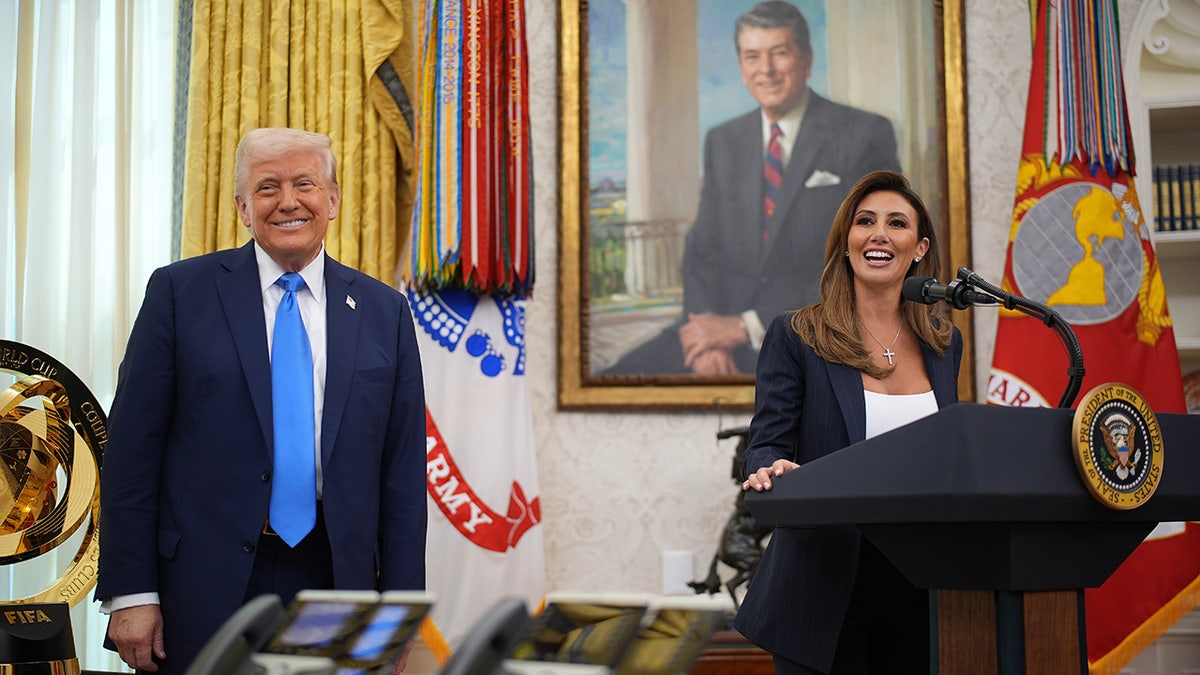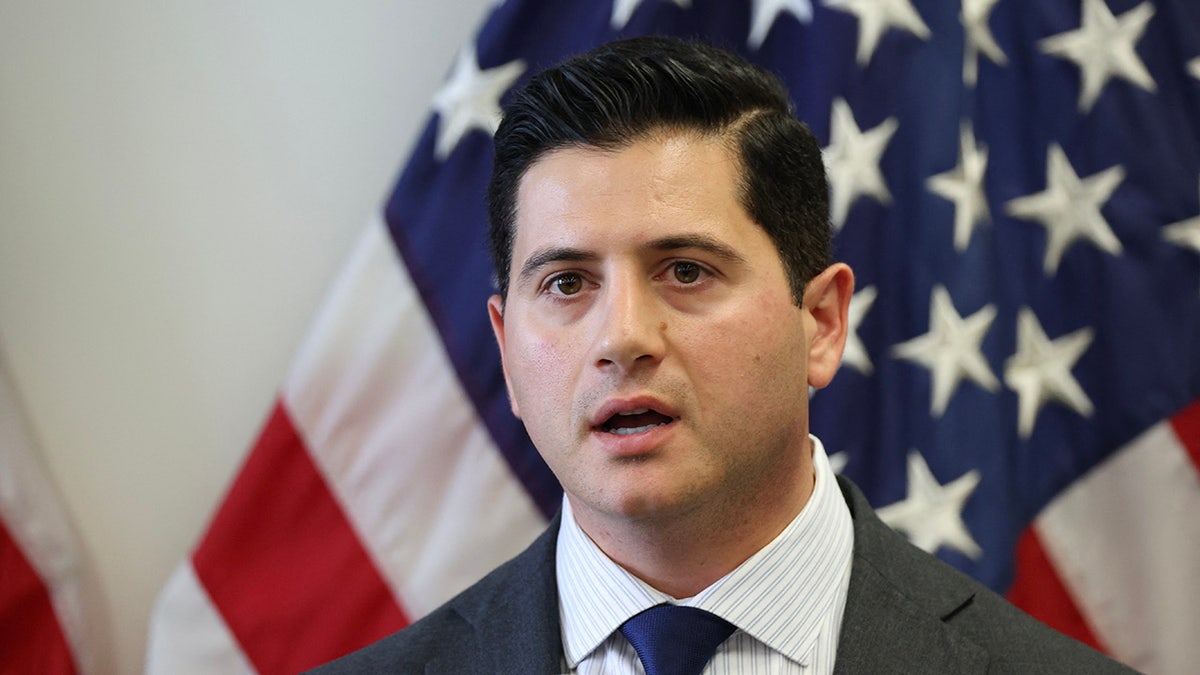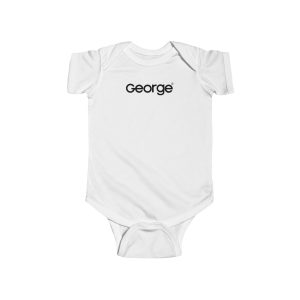
NEWYou can now listen to Fox News articles!
Trump-appointed lawyers leading key federal court districts in blue states have become wrapped up in legal disputes that are testing their authority and threatening to undermine criminal cases they are overseeing.
U.S. Attorney Lindsey Halligan, who brought a high-profile indictment against former FBI Director James Comey in Virginia, is in the hot seat, as are President Donald Trump’s appointees in New Jersey, California and Nevada.
In a sign of his growing frustration over the matter, Trump wrote in a pair of statements Thursday night that he had “eight GREAT Republican U.S. Attorney Candidates” who did not have a path to Senate confirmation in blue states, blaming the upper chamber’s “blue slip” tradition. He called the precedent, which requires home-state senators to approve of U.S. attorney nominees, “stupid and outdated.”
Trump nominated Erik Siebert to be U.S. attorney in the Eastern District of Virginia, but he ousted Siebert in September and blamed it on Siebert securing blue slips from the state’s two Democratic senators. In reality, Siebert opposed bringing criminal charges against two of Trump’s top political nemeses, Comey and New York Attorney General Letitia James.
TRUMP NOMINATES SENIOR WHITE HOUSE AIDE FOR TOP FEDERAL PROSECUTOR IN VIRGINIA

Lindsey Halligan, special assistant to the president, speaks with a reporter outside the White House, Wednesday, Aug. 20, 2025, in Washington. (AP Photo/Jacquelyn Martin)
At Trump’s direction, Halligan, a former insurance lawyer with no prosecutorial experience, entered the scene within days.
Halligan brought indictments against both Comey and James, which could now come back to haunt the Department of Justice.
Josh Blackman, professor at South Texas College of Law, noted that when she charged Comey, Halligan was the lone prosecutor to sign his indictment alleging he made a false statement to Congress. Comey has since told the court that he plans to contest Halligan’s authority because of the unconventional way Trump installed her to lead the U.S. attorney’s office.
“The Halligan issue is central to the James Comey prosecution, and if, for whatever reason, it’s found that she was not properly appointed — she was the only person who signed the Comey indictment — that indictment’s thrown out, so the stakes are actually pretty high,” Blackman told Fox News Digital.
The judge could also toss out Comey’s case on other grounds before addressing Halligan’s appointment, which could allow the court to avoid addressing the matter.
Halligan was also the lone prosecutor to sign James’ bank fraud indictment. By contrast, several prosecutors appeared in court on Thursday for former National Security Adviser John Bolton’s indictment in Maryland and signed onto the 26-page charging document.
Halligan is not the only temporary U.S. attorney facing scrutiny. Another Trump ally, Alina Habba, has seen her authority called into question in the U.S. Attorney’s Office in New Jersey, where Democratic Sens. Cory Booker and Andy Kim refuse to support her, creating at least one insurmountable obstacle to her permanent confirmation.
When Habba’s interim term expired, Trump and Attorney General Pam Bondi used a series of loopholes in federal vacancy laws to bypass the Senate, fire Habba’s court-appointed successor and re-install Habba as “acting” U.S. attorney, which carries a 210-day term.
TRUMP STANDS BY ALINA HABBA AS DOJ CLASHES WITH JUDGES OVER HER REPLACEMENT

President Donald Trump listens as Alina Habba delivers remarks before being sworn in as the interim U.S. Attorney for New Jersey in the Oval Office at the White House on March 28, 2025, in Washington, DC. (Andrew Harnik/Getty Images)
Judge Matthew Brann found Habba’s appointment was unlawful, and now the U.S. Court of Appeals for the 3rd Circuit will hear arguments over Habba’s appointment on Monday in a case that could be headed for the Supreme Court.
In court papers, the DOJ argued federal vacancy laws established by Congress and the Constitution favored the president.
“It is utterly implausible that Congress intended the default to be that the President must rely on career officials who may disagree with his policies to serve as acting political officers during the critical period at the start of an administration,” DOJ lawyers wrote.
But the trend of challenging Trump’s workarounds did not stop with Habba.
A federal judge disqualified Sigal Chattah from serving as the temporary U.S. attorney in Nevada, while Acting U.S. Attorney Bill Essayli is facing a court challenge after Trump and Bondi extended his tenure in the Central District of California, where pivotal immigration-related cases are playing out.
Three sets of defendants facing charges in California are seeking to have their cases tossed on the grounds that Essayli is an invalid appointee. They alleged in court filings that using loopholes to skip over Essayli’s Senate confirmation is following “a handbook for circumventing the protections that the Constitution and Congress built against the limitless, unaccountable handpicking of temporary officials.”

U.S. Attorney for the Central District of California Bill Essayli speaks during a news conference about immigration at the Wilshire Federal Building in Los Angeles on June 12, 2025. (PATRICK T. FALLON/AFP via Getty Images)
Carl Tobias, professor at University of Richmond law school, told Fox News Digital in August that Trump’s maneuvers to keep his most loyal prosecutors in positions of power defy the spirit of the Constitution.
“It’s good to have that scrutiny from the Judiciary Committee and then on the [Senate] floor, and so hopefully they could return to something like that, but I’m not sure that’s going to happen, and so I think it is troubling,” Tobias said.
CLICK HERE TO GET THE FOX NEWS APP
Although the contentious fight for presidents to push their nominees through the Senate is not new, Blackman said Trump’s escalation of the disputes is uncharted territory and that the issue is “two-fold.”
“The first problem is the senators are perhaps not giving deference to Trump’s picks if they don’t have to,” Blackman said. “The second issue is, does the law actually permit these sort of workarounds? And I think Trump is sort of pushing novel grounds. This hasn’t really been tested before like this.”




Discount Applied Successfully!
Your savings have been added to the cart.